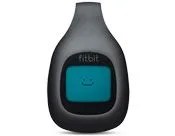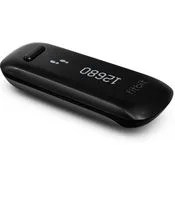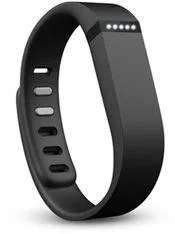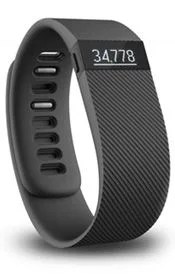The mere thought of becoming more active isn’t a tough one to grasp, but for millions of everyday people, making fitness a reality is easier said than done. Falling in love with the journey to better health doesn’t begin with a longstanding commitment to eat better, exercise more, and meditate more often. It begins with the very next step you take, and Fitbit’s innovative line of trackers will be there to capture it. In a world obsessed with convergence, Fitbit’s mantra has been making the best activity tracking tools on the planet.
From its inception in 2007, Fitbit has remained supremely simple: comprised of products that track the fitness areas that you care about with sensors previously reserved for labs and training rooms, coupled with beautiful apps and software that give you meaningful advice. That’s a feat today, but remember, in 2007 the iPhone — as in, the original one — had only just been announced, leaving Fitbit to lend a hand in making technology more personal than ever before. These weren’t just nascent days for wearables; these were nascent days for mobile. The chore of securing shelf space in Best Buy stores was brutally tough in a world where portable technology was still dwarfed by computers that sat on a desk, but the Fitbit team — which has grown from just two initial employees to nearly 200 today — managed to expand their footprint to over 20,000 locations in just three years.
Fitbit took nearly two years to launch its initial wearable and complimentary software platform. Convincing retailers and consumers that connected fitness was a market primed to explode was no small task, and it didn’t take long before rivals sprung up in a bid to secure share in a fledgling market. As it continued to define a sector it helped create, Fitbit saw its fair share of setbacks, amongst them a product recall that taught the company just how tough it is to develop an intelligent, sensor-laden band that’s designed not just to be worn, but lived with. Through it all, they’ve thrived: Fitbit’s name is found on nearly three in every four fitness wearables that ship today.
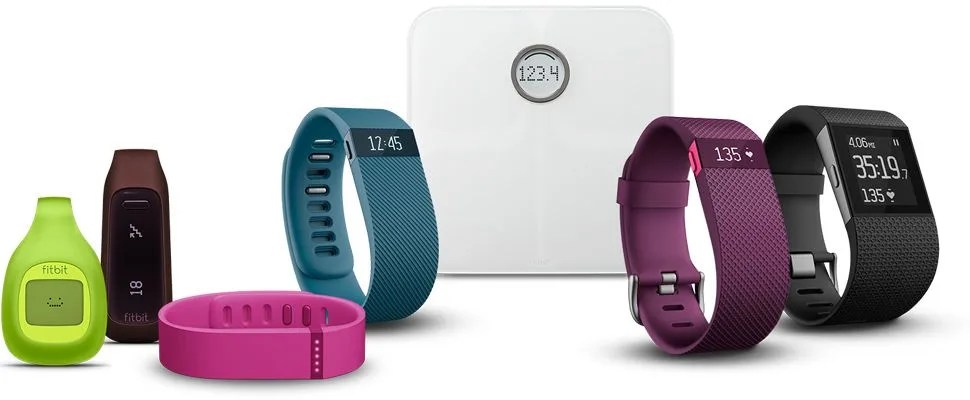
From the outset, co-founders James Park and Eric Friedman realized that people became more active when encouraged. It’s great to partake in a weekly yoga session with your besties, but you’ve got 167 (or so) hours left in any given week to account for. Fitbit’s line of trackers was designed to provide exactly the kind of encouragement you need, while giving you honest feedback on progress, along with the real data that drives real change in your health. From tracking your steps, counting your calories burned and monitoring the quality of your sleep, there’s an entire backend that’s tailored specifically to body, your activity and your progress.
Tracking your health sounds like a daunting task, but Fitbit’s array of wearables captures statistics on steps, distance, calories burned, floors climbed, hours slept, times woken and sleep efficiency, all without interrupting your day. While rivals focus on little more than calories and steps, Fitbit’s approach is far more holistic; by capturing various inputs related to both movement and sleep, it’s able to provide a complete look at how you’re living and what changes would be wise to make.

